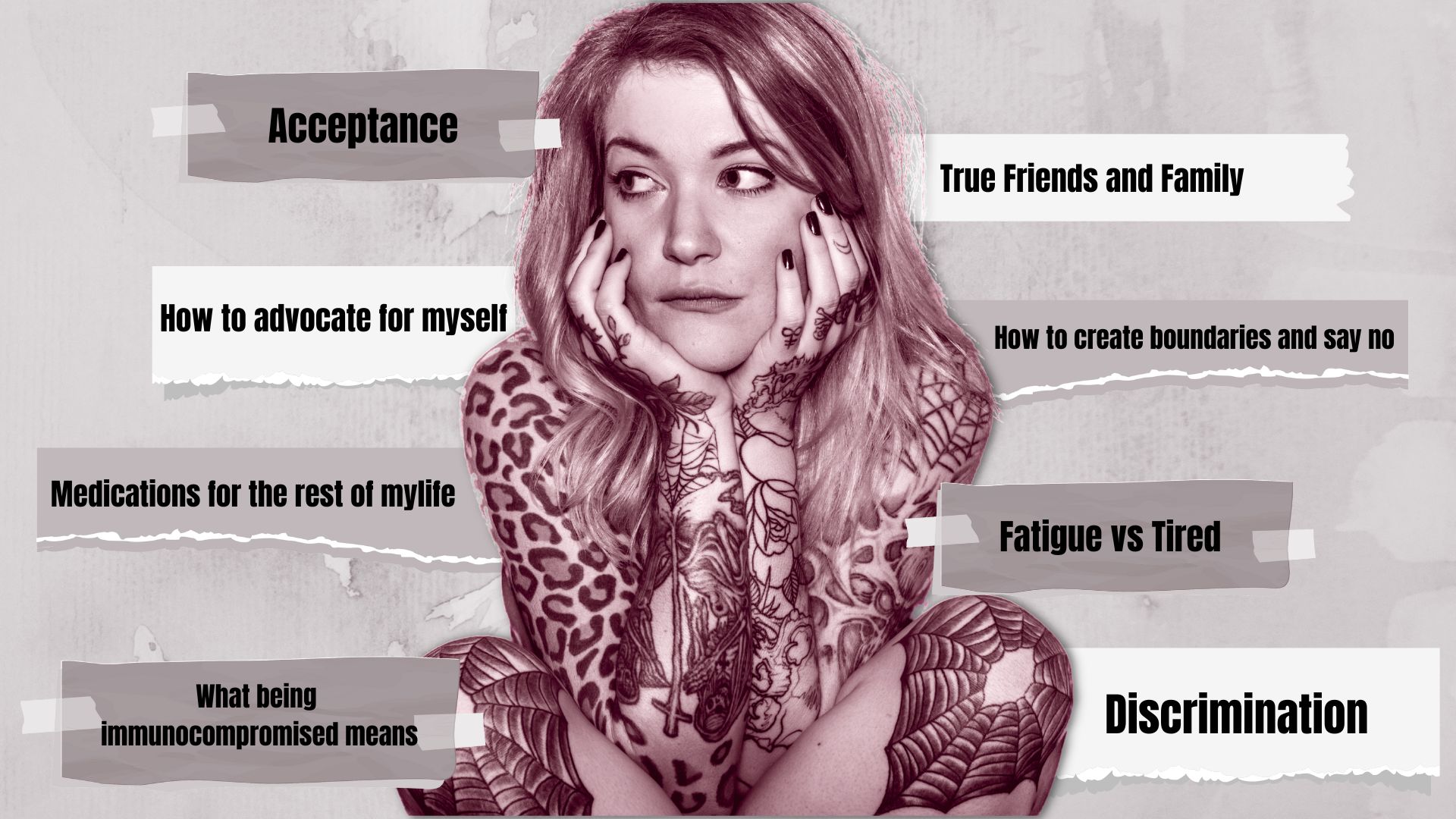Crohn’s Disease Treatment
With inflammatory bowel diseases like Crohn’s disease, treatments don’t just ease symptoms like diarrhea and stomach pain. They get to the root of the problem, targeting inflammation or the immune responses triggering it.
While there is no known cure for Crohn’s disease, treatment can reduce its signs and symptoms and even bring long-term remission. Treatment typically involves either drug therapy or surgery. The goal of treatment is to reduce inflammation and the risk of complications. With drug therapy, there are two common approaches: “step-up,” in which the health provider prescribes milder drugs first, or “top-down,” which uses stronger drugs earlier in the treatment process.
The medications used to treat Crohn’s disease might be delivered orally, topically, or infused or injected directly to the bloodstream. Your Crohn’s disease treatment plan will depend on the severity, area affected, and more.
Anti-inflammatory Drugs
Reducing inflammation is a key part of treatment for Crohn’s disease. This category of Crohn’s medications includes aminosalicylates like sulfasalazine, and 5-aminosalicylates including mesalamine and balsalazide, which come in both oral and suppository form.
People with mild Crohn’s disease of the colon might find success with sulfasalazine, but it won’t have much of an effect if the disease is affecting other parts of the digestive system, says Nana Bernasko, DNP, gastroenterology expert with the American Gastroenterological Association. These days, “most providers skip them altogether and go to immunomodulators and biologics,” she says.
Steroids
Corticosteroids such as prednisone and hydrocortisone are powerful anti-inflammatories to which the body responds quickly, but they should be reserved for severe cases of Crohn’s or during flares when the disease is very active, says Dr. Englander.
The side effects of long-term steroid use are serious. In the long run, corticosteroids can wreak havoc on almost any system in the body, including the bones, eyes, blood pressure, and blood sugar. Also, corticosteroids don’t work for everyone with Crohn’s disease. Doctors generally use them only if the person does not respond to other treatments.
Immunomodulators
Instead of just targeting the inflammation itself, immunosuppressive drugs change the way the immune system functions to stop inflammation in the first place. Drugs like azathioprine, 6-mercaptopurine, methotrexate, cyclosporine, and tacrolimus
depress parts of the immune system to prevent it from attacking healthy cells.
These medications can help bring patients to remission and keep them there. Some people require a combination of these drugs rather than taking just one.
Biologics
These types of drugs are made from living cells and are delivered through injection or IV infusion. They’re more powerful and targeted than immunomodulators but have a similar goal: suppress parts of the immune system to keep the inflammation from getting out of hand.
Biologics are often used when people with Crohn’s disease aren’t responding to standard treatments such as anti-inflammatories or immunomodulating drugs, but increasingly, they are starting to become the first line of defense for some people with Crohn’s disease because they’re so effective at preventing long-term complications, says Glenn H. Englander, MD, gastroenterologist in West Palm Beach, Florida. “The thought is to treat aggressively initially to prevent that old pattern of disease we used to have,” he says.
Antibiotics
Antibiotics are sometimes given to people with Crohn’s disease who have infection. They can help heal abscesses in the intestine. They may also reduce the number of harmful bacteria in the intestines.
Surgery
The goal of surgery for Crohn’s disease is to remove the damaged part of the intestine and reconnect the healthy sections. Invasive procedures are usually reserved for Crohn’s disease events that medication can’t fix, like when a stricture is blocking the bowel, an abscess forms, or a fistula connects two body parts where they shouldn’t be attached.
Surgery for Crohn’s can fix those issues, but it won’t be able to stop the disease for good. When one body part is removed, the inflammation will just move elsewhere —sometimes leading to the same complications. “When you have surgery in Crohn’s disease, you have more surgery,” says Dr. Englander.
Up to half of people with Crohn’s disease will require surgery, though it is not a cure.
Additional therapies
Other Crohn’s treatments can include anti-diarrheal medications or fiber supplements to add bulk to the stool; iron supplements for those who have anemia due to chronic intestinal bleeding; and calcium and vitamin D supplements to combat the risk of osteoporosis, particularly in those who are taking steroids to treat Crohn’s. Some patients can take over-the-counter pain relievers like acetaminophen for additional pain relief, but ibuprofen and naproxen should be avoided as they can worsen Crohn’s disease symptoms.
For more information about Crohn’s disease treatment and more, visit the American Gastroenterological Association’s IBD patient resources.





